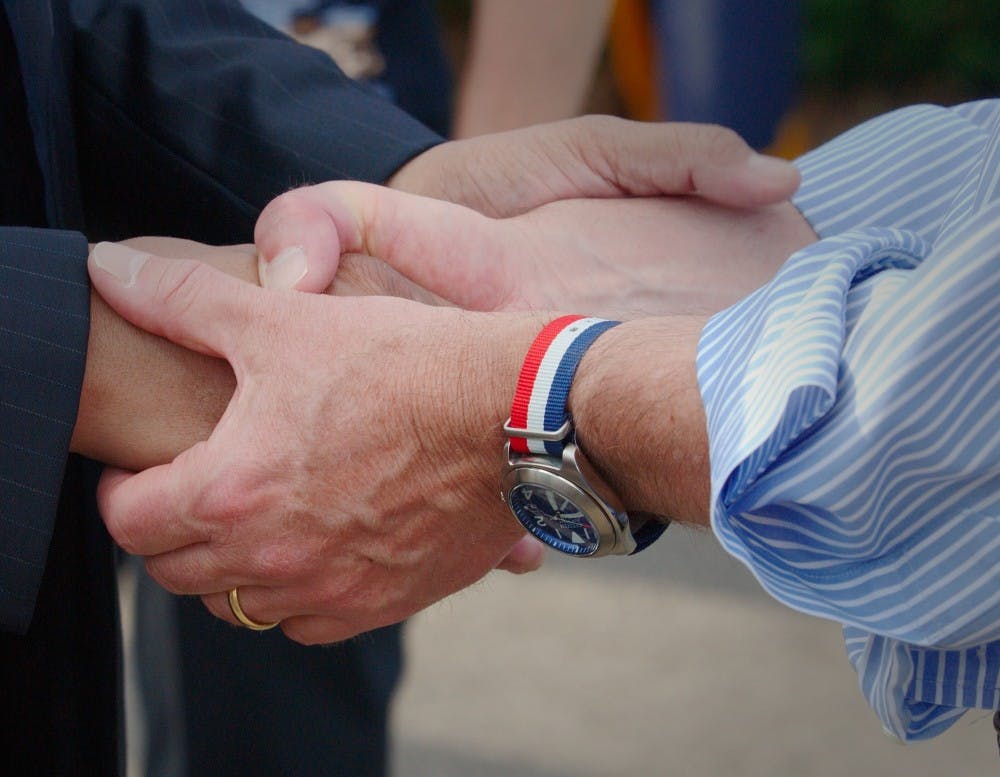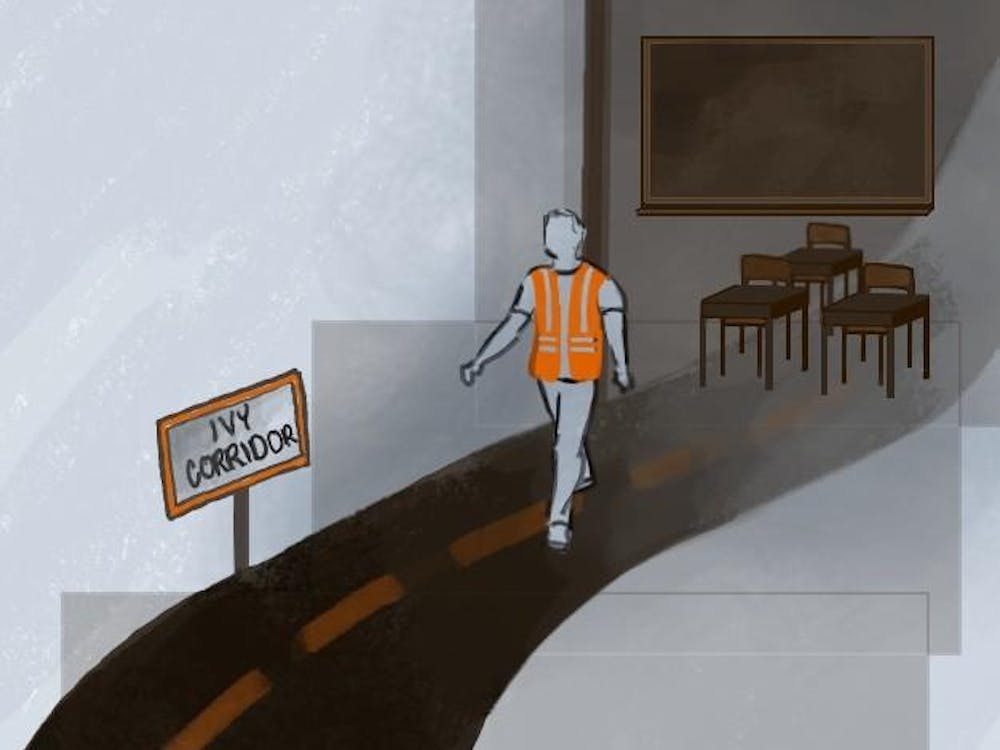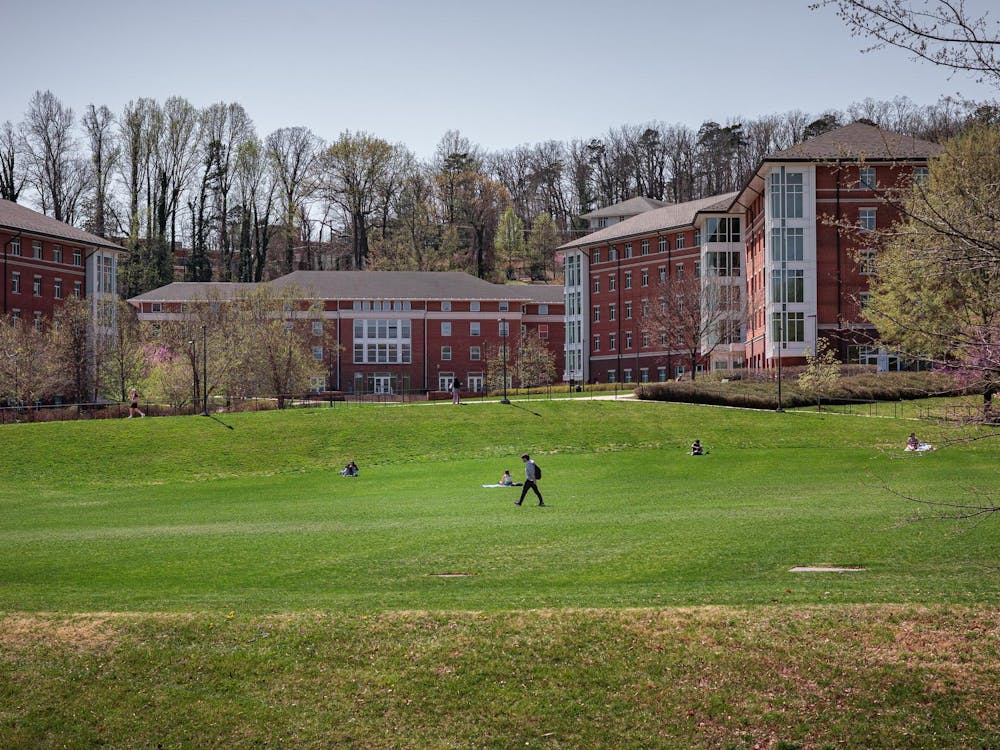Even prior to the events of those fateful August days in Charlottesville, one could feel a movement of resistance percolating under the surface, waiting to be drawn out by some flashpoint. The movement broke out briefly into the spotlight when President Teresa Sullivan quoted Thomas Jefferson in an email. Earlier, it emerged for a bit longer when the Martese Johnson case gave a greater cause for outrage.
Following the events of Aug. 11 and 12, however, the movement for racial justice has cohered and boiled over into the mainstream. It is now looking to make its mark more permanent, to affix itself to our institution as a constant reminder of our sins through things such as the Black Student Alliance’s list of demands. With the rise in prominence has come the adoption of a new vernacular — the language of racial and social justice. Among the many terms being thrown about, one has always stood out to me as problematic: “ally.”
The use of the word “ally” within the context of social justice is not new or exclusive to the movement for racial justice. Its drawbacks, however, are most clear in the case of racial justice. A quick visit to any online dictionary will make clear that the historical use of the word has primarily been in reference to military conflicts. Though we might think this to be far removed from the current use of the word in racial justice movements, we would do well to examine the connotations of being an “ally” more closely within this historical context.
In war, an ally is a partner, joined in the pursuit of a common goal: victory. This does not sound too different from the use of ally in racial justice movements, given “justice” or “equality” is the definition of “victory.” What, then, is one’s true relationship with an ally? In most cases, an “ally” is not part of an ingroup, they are a distinct other. One does not truly care why an ally fights alongside you — all that matters is that he or she fights with you.
In a movement for racial justice, we do not want “allies.” An ally is only useful insofar as they help you achieve your goals — an ally is a tool, something to be used. Whether or not any two allies remain friendly after victory is achieved is rarely considered in the heat of the moment, with the Cold War being the most obvious example of an ally-turned-rival. Though allies have been necessary in past conflicts, the very nature of any racial justice movement ought to give us reason to pause and consider whether this is the path that we wish to pursue. This is because — unlike most conflicts — the goal of racial justice is not to destroy the other side, as they occur within a single community and country (historically, civil war is the only outcome of a destructive campaign). Rather, such movements aim to unify, to eliminate prejudice and create a world without discrimination due to color.
Take a recent headline in the Cavalier Daily — “Town hall invites black students and allies to share their concerns.” The two groups, the “black students” and the “allies” are distinct, separate and unequal. Perhaps this is warranted, one might say. Perhaps black students have been made into “others,” perhaps their voice is not of equal value, but greater. While such objections have noble intent, I must question whether they are consistent with the ultimate aim at equality and unity. Do we want to be a community of “black students” and their “allies,” or rather, a community of “students,” united despite cleavages of race? The old phrase “be the change you want to see” comes to mind. It is true that we do not live in a post-race country or community. Our actions, however, ought to strive towards achieving such a goal when possible.
Ditch the word “ally.” We are all students, Americans and humans. We are not disparate nations, temporarily joining forces — we are in this for the long haul. A movement aimed at racial progress should not itself further racial divisions. We are not ignoring racial issues when we choose to act and identify as one, we are overcoming them.
Ben Burke is a Viewpoint writer. He can be reached at opinion@cavalierdaily.com.







